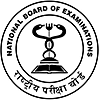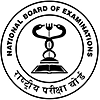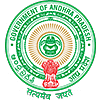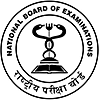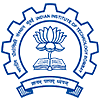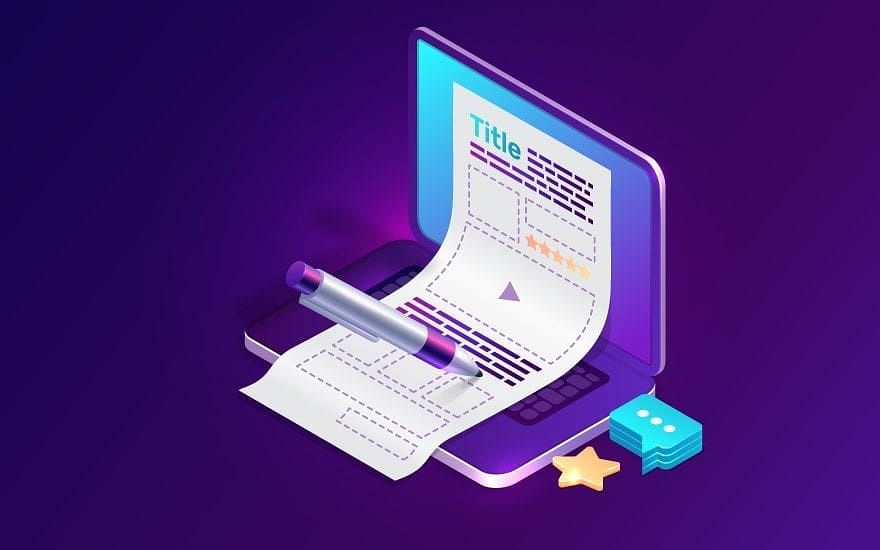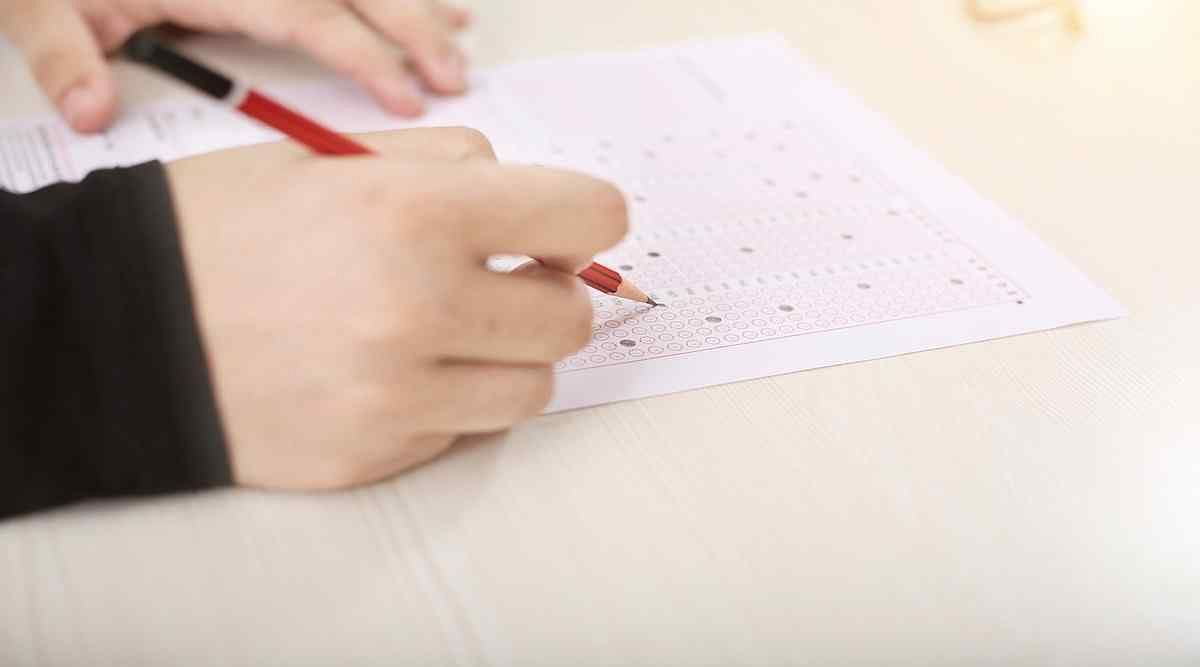
NEET physics syllabus 2024 covers mostly topics such as Kinematics, Thermodynamics, Optics and more. NTA sets the syllabus for the NEET UG Examination. Additionally, the best reference books recommended by the previous years’ toppers are also mentioned in this article.
Table of Contents
- NEET Physics Syllabus 2024
- NCERT 11th Physics Syllabus for NEET 2024 Exam
- NCERT 12th Physics Syllabus for NEET 2024 Exam
- NEET Physics Syllabus Analysis
- NEET Physics Syllabus Reference Books
- NEET Physics Preparation Tips 2024
NEET Physics Syllabus 2024
National Eligibility cum Entrance Test or NEET is an entrance examination conducted by the National Testing Agency (NTA), for students who want to pursue their careers in the medical (MBBS) and dental field (DBS). It is a stepping stone for students who want to study in an undergraduate medical or dental school in India as well as in foreign countries.
The question paper for NEET is divided into 3 sections which include Biology, Chemistry, and Physics. There are 180 multiple-choice questions with ninety questions from the biology section and forty-five questions from both chemistry and physics.
The syllabus for the NEET exam is taken from the NCERT 11th and 12th-grade curriculum. The NEET physics syllabus can be divided into 2 sections which are
- NCERT 11th
- NCERT 12th
NCERT 11th Physics Syllabus for NEET 2024 Exam
The NCERT 11th Physics Syllabus for NEET 2024 Exam is structured into various units, each containing essential topics and sub-topics. This organization enhances comprehension. Here's a detailed breakdown of the syllabus:
Unit 1 - Physical World and Measurement:
- Understanding the physical world, its connection to technology and society, and the nature of physical laws.
- Emphasizing the significance of measurement, including accuracy, precision, errors, significant figures, and dimensional analysis.
- Covering the measurement of length, mass, and time, along with units of measurement and SI units.
Unit 2 - Kinematics:
- Exploring the basics of motion, including frames of reference, differentiation, integration, and motion in a straight line.
- Examining concepts like velocity, speed, uniform and non-uniform motion, and graphical representations of motion.
- Introducing scalar and vector quantities, addition and subtraction of vectors, projectile motion, and uniform circular motion.
Unit 3 - Laws of Motion:
- Investigating various aspects of motion, such as circular motion, forces, and equilibrium.
- Delving into Newton's laws, friction, and concepts like lubrication and rolling friction.
Unit 4 - Work, Energy and Power:
- Understanding concepts related to work, energy, and power, including conservation of mechanical energy and collisions.
- Examining non-conservative forces, potential energy, and the work done by constant and variable forces.
Unit 5 - Motion of systems of particles and rigid body:
- Covering topics like the center of mass, momentum conservation, and equilibrium of rigid bodies.
- Exploring rotational motion, torque, angular momentum, and the conservation of angular momentum.
- Discussing moment of inertia and its applications.
Unit 6 - Gravitation:
- Investigating gravitational concepts like escape velocity, orbital velocity, and Kepler's laws.
- Analyzing the universal law of gravitation and its applications.
Unit 7 - Properties of Bulk Matter:
- Covering various properties of matter, including thermal expansion, elasticity, viscosity, and surface tension.
- Exploring topics like Hooke's law, conduction of heat, and black body radiation.
- Discussing concepts related to stress, strain, and the behavior of materials under different conditions.
Unit 8 - Thermodynamics:
- Understanding the first and second laws of thermodynamics, heat, work, and internal energy.
- Examining processes like isothermal and adiabatic processes, heat engines, and refrigerators.
- Introducing concepts related to thermal equilibrium, temperature, and the zeroth law of thermodynamics.
Unit 9 - Behaviour of perfect gas and kinetic theory:
- Exploring the behavior of perfect gases, including the equation of state and work done on compressing a gas.
- Discussing the kinetic theory of gases, degrees of freedom, and specific heat capacities.
Unit 10 - Oscillations and waves:
- Covering topics like oscillations, waves, and wave properties.
- Examining phenomena such as interference, diffraction, and wave optics.
NCERT 12th Physics Syllabus for NEET 2024 Exam
For NCERT 12th Physics Syllabus for NEET 2024 Exam, the syllabus is categorized into units, each containing crucial topics. Here's an overview:
Unit 1 - Electrostatics:
- Understanding electric charges, conductors, insulators, and Coulomb's law.
- Exploring topics like capacitors, electric field, and electric potential.
Unit 2 - Current electricity:
- Covering concepts related to electric current, resistance, and Kirchhoff's laws.
- Examining topics like potentiometers, temperature dependence of resistance, and electrical resistivity.
Unit 3 - Magnetic effects of current and magnetism:
- Investigating magnetic fields, Ampere's law, and magnetic properties of materials.
- Exploring the behavior of current-carrying conductors in magnetic fields and electromagnetic induction.
Unit 4 - Electromagnetic induction and alternating current:
- Understanding electromagnetic induction, Faraday's law, and alternating currents.
- Examining concepts like AC generators, transformers, and reactance.
Unit 5 - Electromagnetic waves:
- Discussing the electromagnetic spectrum, transverse nature of waves, and displacement current.
Unit 6 - Optics:
- Exploring topics like reflection, refraction, diffraction, and interference.
- Covering optical instruments and wave optics.
Unit 7 - Dual nature of matter and radiation:
- Investigating the wave-particle duality of matter and the photoelectric effect.
- Examining the Davisson-Germer experiment and De Broglie's relation.
Unit 8 - Atoms and Nuclei:
- Understanding atomic models, nuclear structure, and radioactivity.
- Covering topics like mass-energy relation and nuclear fission and fusion.
Unit 9 - Electronic devices:
- Exploring electronic components like diodes, transistors, and logic gates.
- Examining energy bands in solids and semiconductor devices.
NEET Physics Syllabus Analysis
Below is the weightage of each topic based on the analysis of NEET's previous question papers. This will help candidates understand the distribution of marks in as per the NEET physics syllabus 2024:
Physics Class 11 Syllabus with Weightage
NEET UG Physics class 11 physical world and measurement hold 2% weightage from the entire NEET physics syllabus. Lets now understand the rest of the syllabus of NCERT class 11 according to the topics and mark distribution:
| Class 11th Syllabus | Weightage |
| Physical world and measurement | 2% |
| Laws of Motion | 3% |
| The motion of systems of particles and rigid body | 5% |
| Work, Energy, and Power | 4% |
| Gravitation | 2% |
| Kinematics | 3% |
| Thermodynamics | 9% |
| Oscillations and wave | 3% |
| Behavior of Perfect Gas and Kinetic theory | 3% |
| Properties of Bulk Matter | 3% |
Physics Class 12 Syllabus with Weightage
The table below displays the NEET physics syllabus and mark distribution of class 12 physics. A thorough understanding of the mark distribution will help in better preparation.
| Class 12th Syllabus | Weightage |
| Electro statistics | 9% |
| Current Electricity | 8% |
| Magnetic effects of Current and Magnetism | 5% |
| Electromagnetic induction and alternating currents | 8% |
| Electromagnetic waves | 5% |
| Optics | 10% |
| Electronic Devices | 9% |
| Dual Nature of Matter and Radiation | 6% |
| Atoms and Nuclei | 3% |
NEET Physics Syllabus Reference Books
Along with the NCERT books, the candidates can refer to the following books to get more knowledge regarding NEET physics syllabus:
- Fundamentals of Physics by Halliday, Resnick, and Walker
- Concepts of Physics by H. C. Verma
- Fundamental Physics by Pradeep
- Objective Physics By DC Pandey
- Problems in General Physics by IE Irodov
NEET Physics Preparation Tips 2024
The NEET exam is highly competitive, and the number of candidates appearing each year for the exam is increasing. Therefore, candidates must follow the NEET preparation tips mentioned below:
- Candidates must start their preparation by following the NEET exam pattern, NEET physics syllabus, and important topics.
- Next, creating a timetable and sticking to it is highly necessary. Besides, the timetable must cover all the syllabus.
- Further, candidates should allow time for the revision of chapters every week.
- Besides, candidates must follow the previous years' question papers to acquire proper knowledge.
- Appearing for the mock test can prove to be beneficial.




